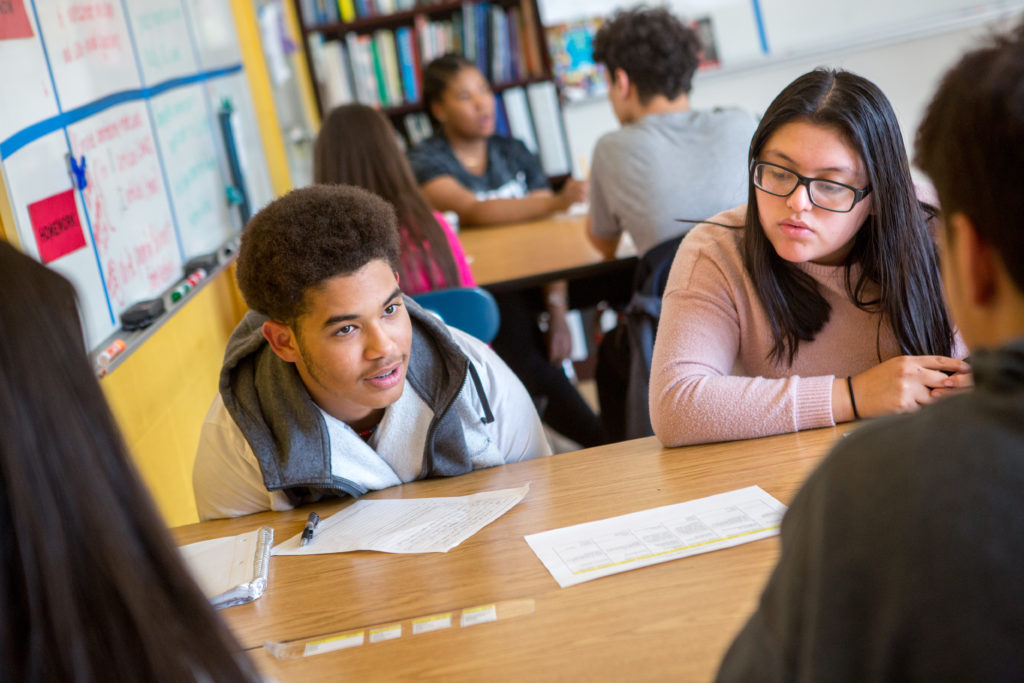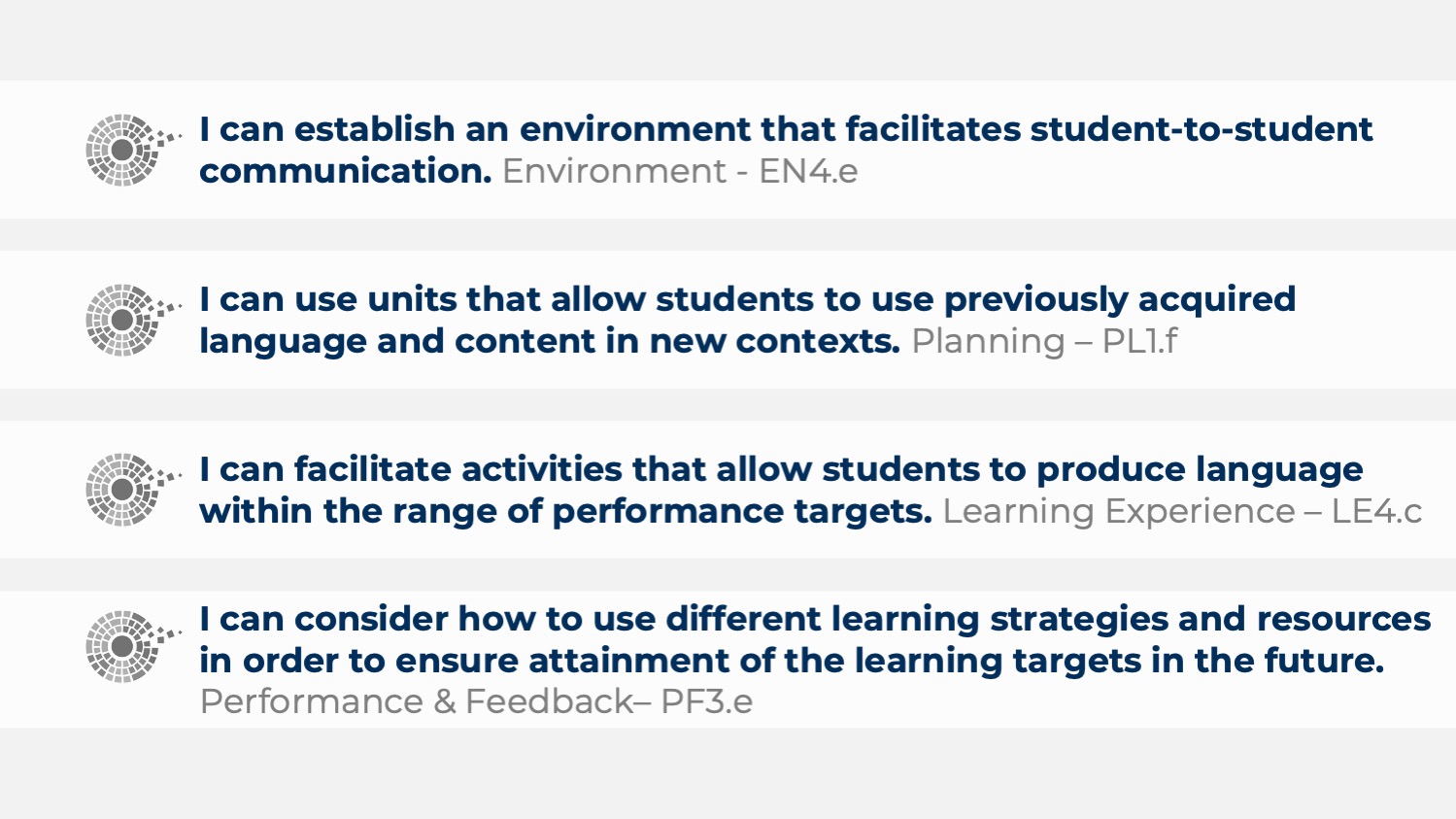Time for Remedial? Renew, Restore, Repair Instead!Catherine Ritz

As we continue to feel the ramifications of school closures and remote learning due to the COVID pandemic, the inclination to identify students as “behind” in their learning remains a real risk. Should teachers try to cover missed content to catch them up? Should we do more discrete skill practice (read: drills) to focus on only the “essentials”? Or maybe we need to teach in English and forgo target language use for a while so as to move more quickly through the curriculum? All of these questions point us to a remedial approach to language teaching and learning that presumes learners are behind while relying on instructional practices that have been shown to be ineffective.
One of PEARLL’s summer institutes—led by Greta Lundgaard—invited teachers to take a different approach. Rather than resorting to remedial teaching practices, Greta encouraged participants to renew their practice, restore relationships with learners, and repair learning by meeting students where they are and using a spiral approach to curriculum that recycles past concepts as learners continue to move forward.
The institute identified four goals for participants from the Teacher Effectiveness for Language Learning (TELL) Framework:

As we continue to feel the ramifications of school closures and remote learning due to the COVID pandemic, the inclination to identify students as “behind” in their learning remains a real risk. Should teachers try to cover missed content to catch them up? Should we do more discrete skill practice (read: drills) to focus on only the “essentials”? Or maybe we need to teach in English and forgo target language use for a while so as to move more quickly through the curriculum? All of these questions point us to a remedial approach to language teaching and learning that presumes learners are behind while relying on instructional practices that have been shown to be ineffective.
One of PEARLL’s summer institutes—led by Greta Lundgaard—invited teachers to take a different approach. Rather than resorting to remedial teaching practices, Greta encouraged participants to renew their practice, restore relationships with learners, and repair learning by meeting students where they are and using a spiral approach to curriculum that recycles past concepts as learners continue to move forward.
In interviews with a few of the participants after the workshop, the practical implications of these goals became clear. Our classroom environment should be one that is student-centered, safe, and supportive. The learning experience should focus on helping students use the language to communicate in authentic contexts—rather than through textbook- or worksheet-style drills—while also adjusting learning as much as possible to address students’ needs through differentiated instruction. We should be planning our curricular units so that they recycle and reuse previously learned concepts, vocabulary, and language structures, rather than assuming learners will retain everything presented to them on the first pass. And we should invite performance and provide feedback that allows students to show what they can do and gives them just the right amount of growth-oriented feedback to immediately take the next step forward in their learning.

